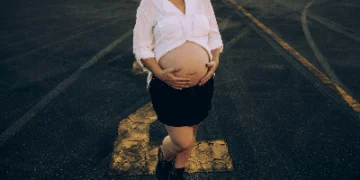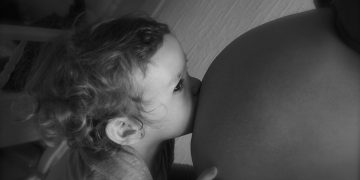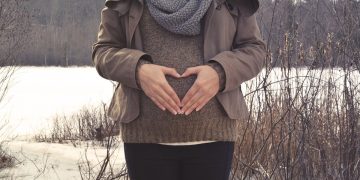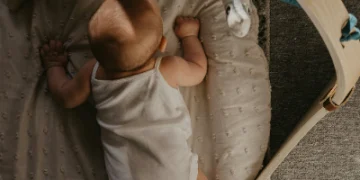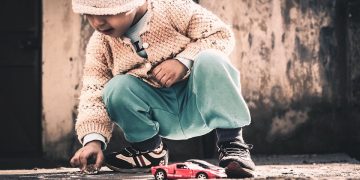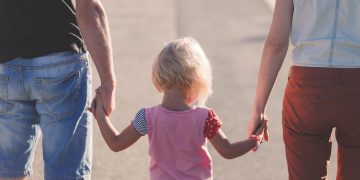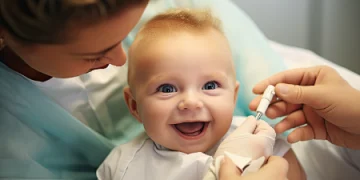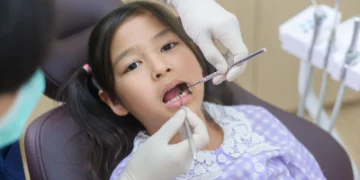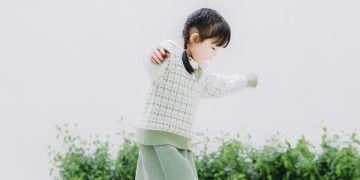Welcoming a newborn into the world is an exciting and joyful experience, but it also comes with a great responsibility. As a parent, ensuring the safety and well-being of your precious little one should be your top priority. Newborns are fragile and vulnerable, and it is essential to take necessary precautions to protect them from potential hazards. In this article, we will discuss some essential newborn safety precautions that every parent must know to keep their baby safe and secure.
Creating a Safe Sleeping Environment
One of the most important safety precautions for newborns is creating a safe sleeping environment. The American Academy of Pediatrics recommends that babies should sleep on their backs on a firm, flat surface, such as a crib mattress. Avoid using soft bedding, pillows, blankets, or stuffed animals in the crib, as they can pose a suffocation risk. Make sure the crib meets current safety standards and has no missing or broken parts.
Preventing Sudden Infant Death Syndrome (SIDS)
Sudden Infant Death Syndrome (SIDS) is a leading cause of death among infants under one year of age. To reduce the risk of SIDS, it is important to follow safe sleep practices, such as placing your baby on their back to sleep, using a firm mattress, and keeping the sleeping area free of soft bedding and other suffocation hazards.
Safe Feeding Practices
Whether you are breastfeeding or formula feeding your newborn, it is essential to practice safe feeding practices to ensure their well-being. Make sure to hold your baby securely while feeding to prevent choking or aspiration. If using formula, follow the manufacturer’s instructions for preparing and storing it properly to avoid contamination.
Monitoring Your Baby’s Temperature
Newborns are unable to regulate their body temperature effectively, so it is crucial to monitor their temperature regularly. Keep your baby comfortably dressed in layers to maintain a stable body temperature. Avoid overheating or overcooling your baby, as extreme temperatures can be dangerous for their health.
Childproofing Your Home
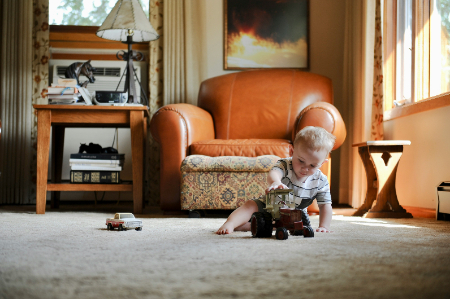
Before bringing your newborn home, take the time to childproof your living space to prevent accidents and injuries. Secure furniture, electrical outlets, and cords to avoid potential hazards. Install safety gates at the top and bottom of stairs, and keep small objects out of reach to prevent choking hazards.
Safe Bathing Practices
Bathing your newborn can be a bonding experience, but it is essential to practice safe bathing practices to prevent accidents. Always support your baby’s head and neck while bathing them, and never leave them unattended in the bath. Check the water temperature with your elbow or a thermometer to ensure it is not too hot or too cold.
Recognizing Signs of Illness
Newborns are susceptible to various illnesses and infections, so it is crucial to be vigilant and recognize signs of illness early on. Keep an eye out for symptoms such as fever, excessive fussiness, poor feeding, or difficulty breathing. If you suspect that your baby is sick, seek medical attention promptly.
Regular Check-ups and Vaccinations

Regular check-ups with your pediatrician are essential for monitoring your baby’s growth and development and ensuring they receive necessary vaccinations to protect against serious diseases. Stay up to date with your baby’s immunization schedule to keep them healthy and safe.
Safe Traveling Practices
When traveling with your newborn, it is important to prioritize their safety in the car. Make sure to use a properly installed car seat that is appropriate for your baby’s age and size. Follow the manufacturer’s instructions for securing the car seat correctly and never leave your baby unattended in the car.
Protecting Your Baby’s Skin
Newborns have delicate skin that is prone to irritation and sensitivity, so it is important to take steps to protect their skin. Use gentle, fragrance-free baby products and avoid exposing your baby to direct sunlight. Keep their skin moisturized and clean to prevent rashes and other skin problems.
Creating a Safe Environment for Play
As your baby grows and becomes more active, it is important to create a safe environment for play to prevent accidents and injuries. Use age-appropriate toys and supervise your baby during playtime to ensure their safety. Avoid toys with small parts that could pose a choking hazard.
Building a Support System
Parenting a newborn can be overwhelming at times, so it is important to build a support system to help you navigate the challenges and uncertainties. Reach out to family, friends, or a support group for guidance, advice, and emotional support. Remember, you are not alone in this journey.
Conclusion
Protecting your newborn’s safety and well-being is a crucial responsibility as a parent. By following essential safety precautions and taking proactive measures to create a secure environment for your baby, you can help ensure their health and happiness. Stay informed, stay vigilant, and always prioritize your baby’s safety above all else.

